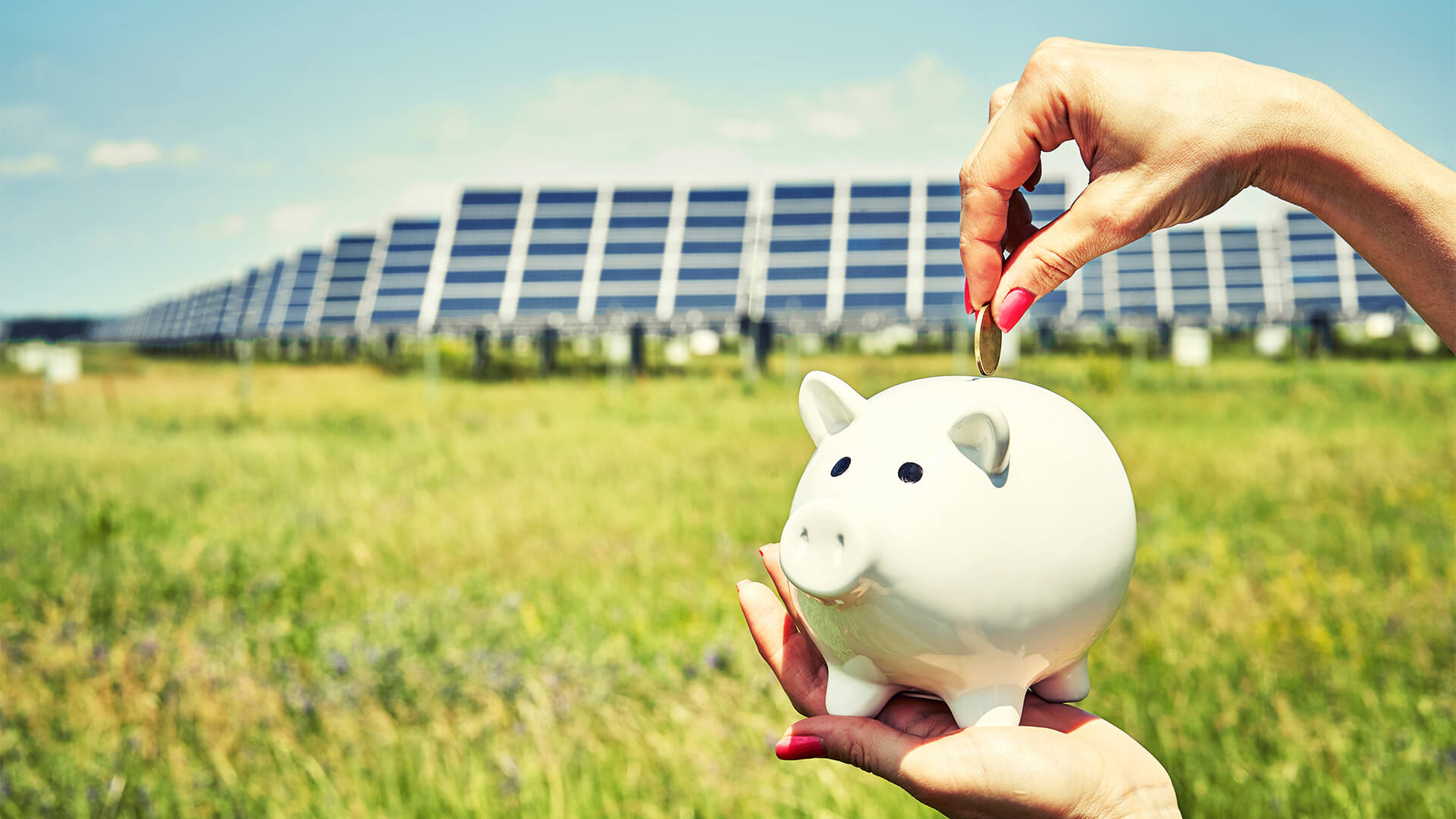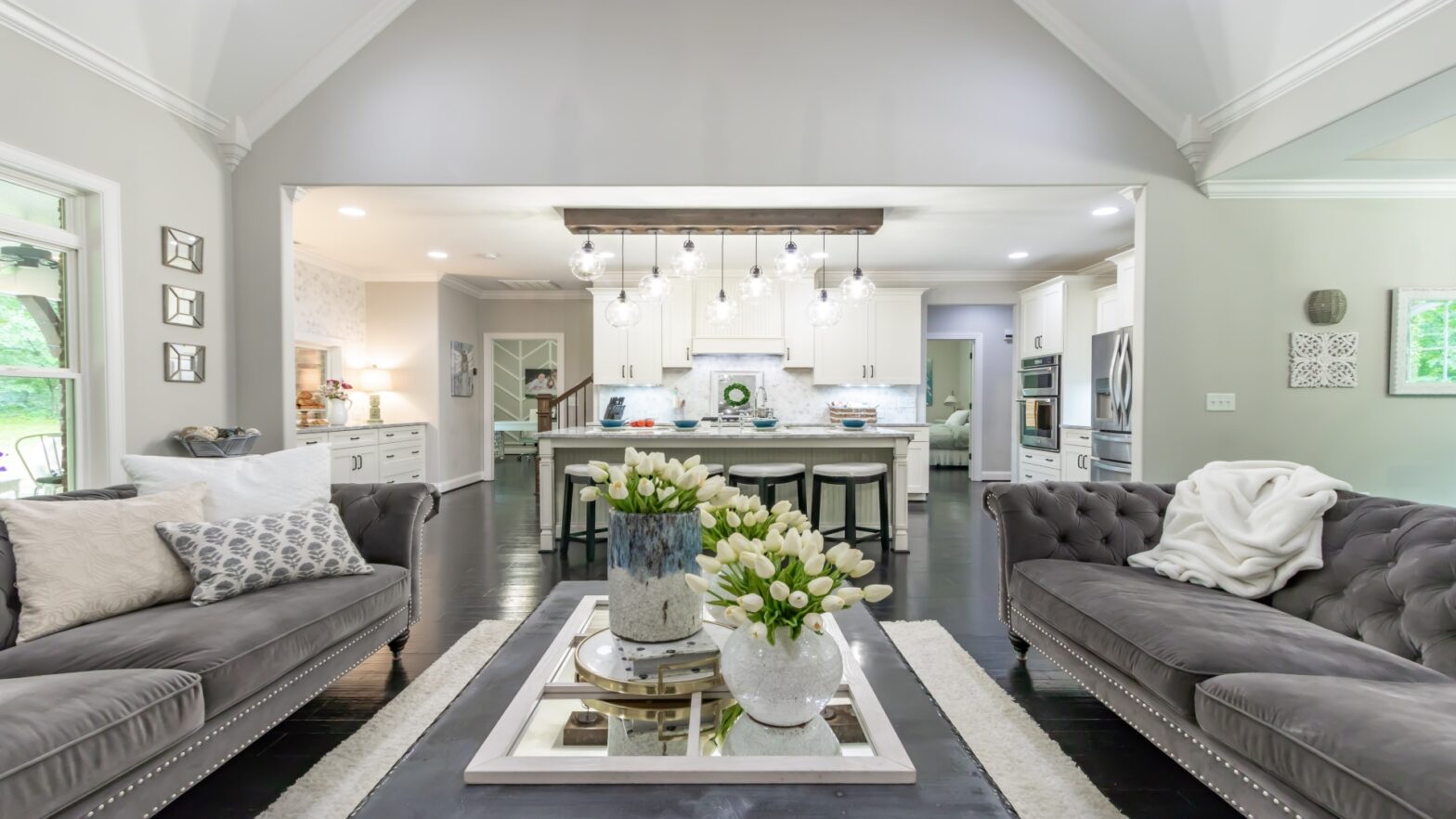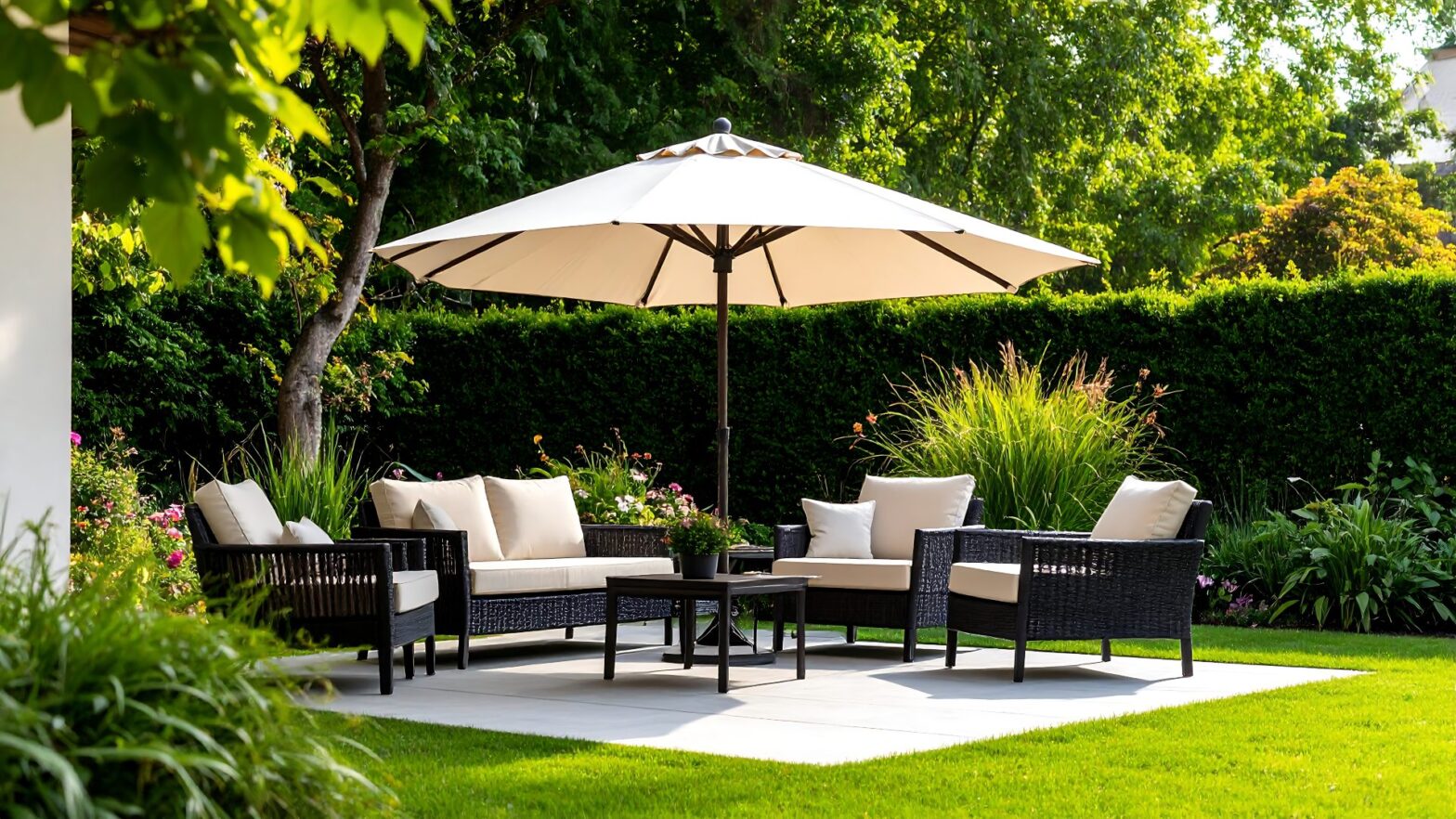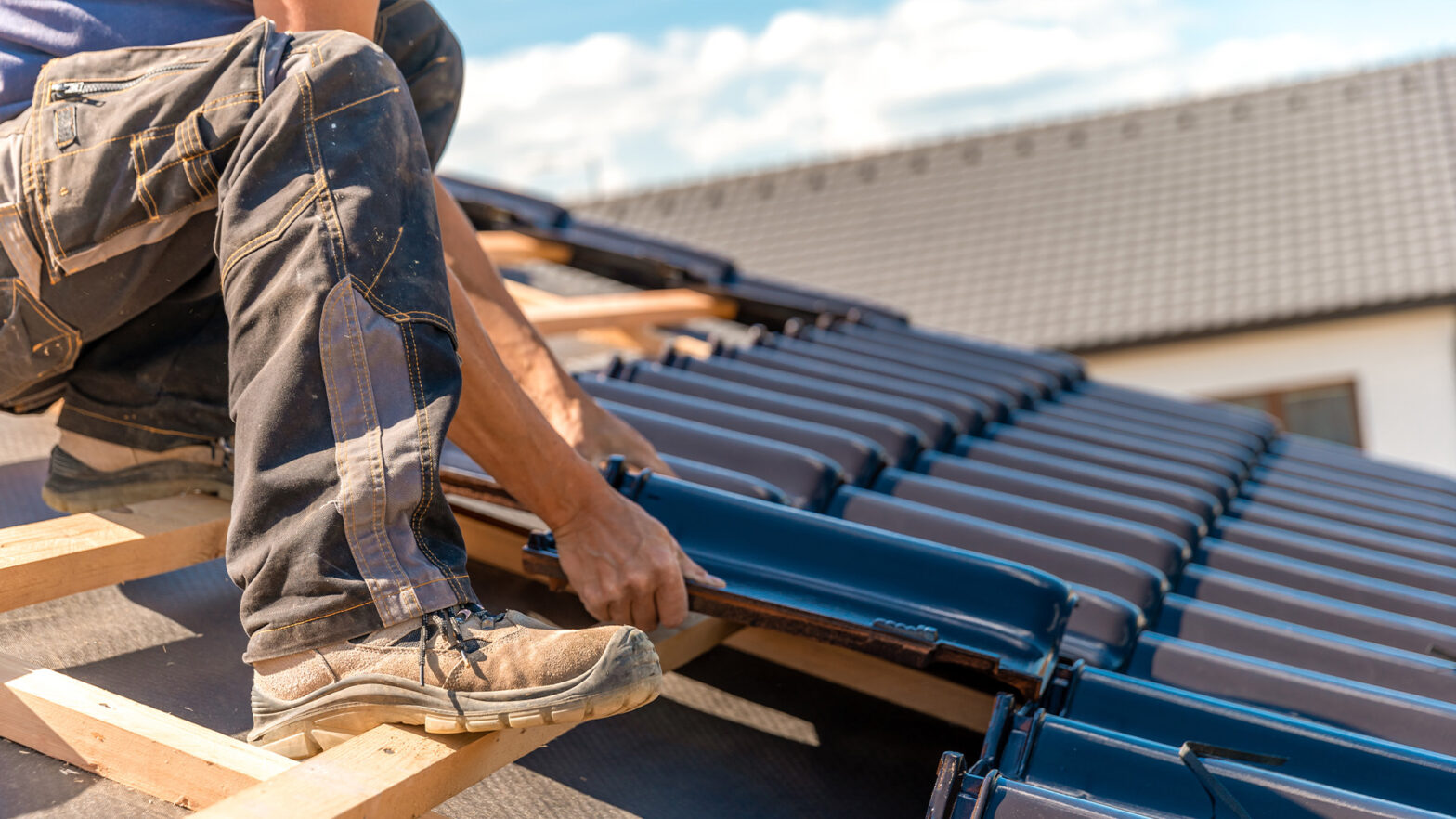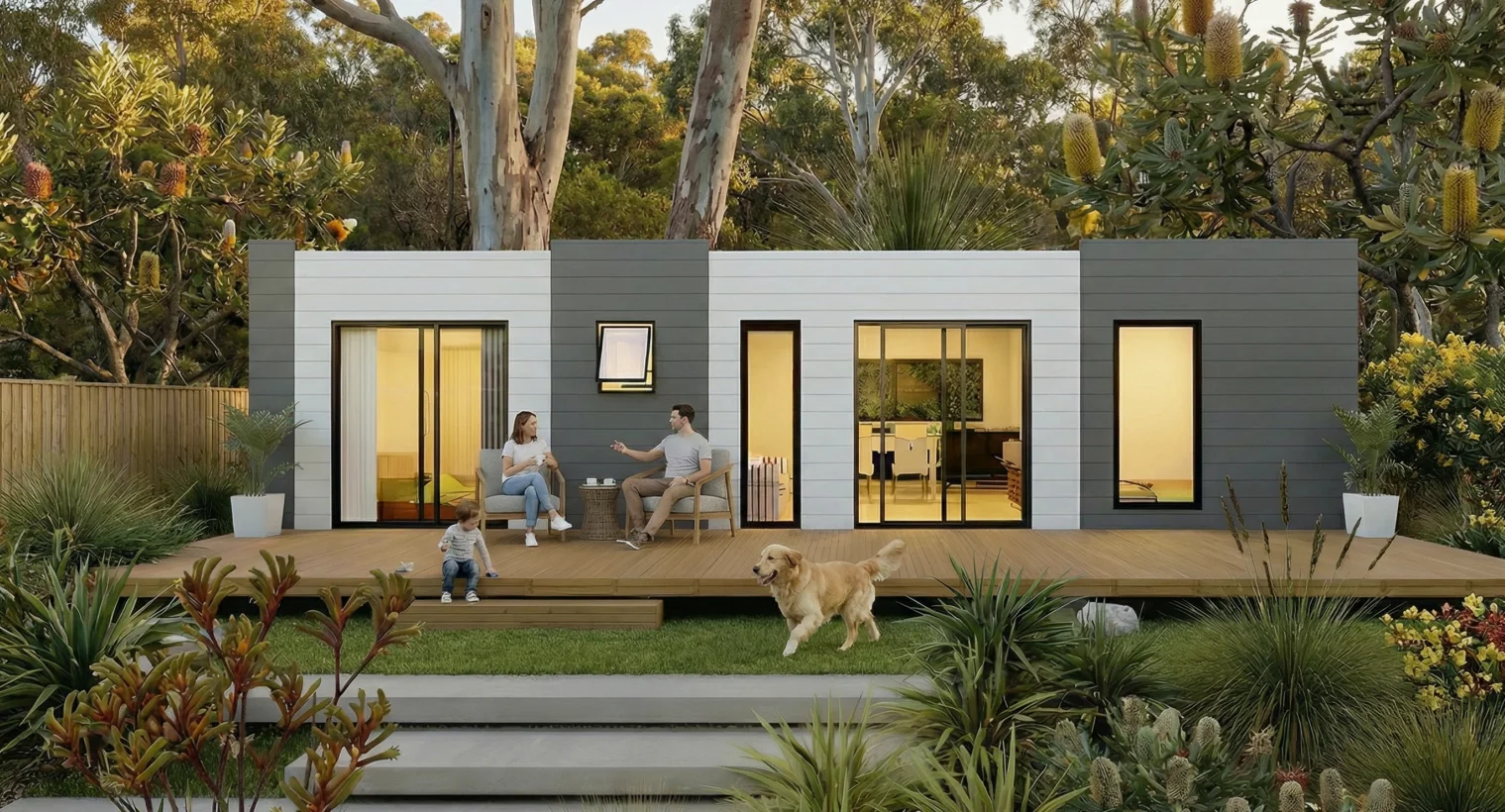Solar power systems have become quite popular today, mainly because of the several benefits they offer to property owners. To begin with, they can be installed on any location, including the most inaccessible regions. In addition, they help you save money on utility bills, as well as the energy they provide, which is used for lighting, cooking, running appliances, heating water, and many other applications.
However, the most significant advantage is on the environment. This is because solar power has the least damaging effects than other energy sources, like natural gas, coal, and petroleum.
What Is the Cost of Installing Solar Power Systems
You might be looking into installing a solar power system in your home or business building to enjoy the several benefits it offers. However, there are some factors you, first, have to consider. For instance, you need to think about the amount of power you require and how much sunlight your region receives. Also, you must know the type of panels suitable for you and find the best installer for the job.
That said, the most crucial factor to consider is the cost of resident solar power system installation in your area if the unit is for your home. If you’d want to fit the system in your business building, it’s also essential to check how much a commercial unit would cost you in your region.
If you’re looking to fix a solar energy system on your property, you must, first, understand that installations don’t have a standard price. Some of the factors determining the overall cost of fitting a system in your home or business building are:
- Type of Solar Panels
There are three kinds of solar panels in the market. These are the monocrystalline, polycrystalline, and thin-film types. Usually, these three differ in efficiency and price. For instance, the monocrystalline panels produce more energy per square foot. On average, a buyer may be charged USD$1 to USD$1.5 for every watt when purchasing this type.
On the other hand, polycrystalline panels might be sold at USD$0.90 to USD$1 per watt. This kind is usually less energy-efficient than the monocrystalline type, but produces more power than the thin-film panels.
Lastly, the thin films might be priced between USD$1 to USD$1.5 for every watt. These are affordable, but need sufficient space. For this reason, they may be more suited for industrial use.
- Type of Solar Power System
There are also three common types of solar power systems. These are the off-grid, grid-tied with battery, and grid-tied systems without an energy storage device. These are all priced differently. When buying, you might find that the off-grid systems are more expensive than the other two. However, the grid-tied system with a battery might be more expensive than the on-grid unit without an energy reservoir.
- Your Location
The cost of solar installation would depend on one’s location. However, you might find incentives depending on your state. That said, in some regions, firms offer monetary assistance programs to their customers. If any solar company in your area provides this, consider working with them, as they’ll make the installation process more affordable for you.
- Labor Charged by Installation Company
Another cost included in the solar installation bill is labor. Usually, companies price their services uniquely. This often depends on the firm’s warranty offerings, reputation, and track record.
- Cost of Other Parts Used
The price of other components, like the inverters, conduits, mounting equipment, and other parts, are also considered in the customer’s installation bill. Often, the price for each varies depending on the fitting company.
Before choosing a firm to do solar installation on your property, first, ask for quotes from different enterprises to compare pricing rates. When doing so, ensure every establishment offers a breakdown of the cost of every item. If you find a company that fits your budget, consider hiring the firm for installations.
How to Know If Installing a Solar System Is a Good Idea
Several items contribute to the final price of solar system installations. The initial cost of fitting the unit into your home or business building may be a bit high. However, in the long term, solar power systems end up saving a user so much money.
If you’re looking to fit this unit into your home or business, here are some questions that’ll determine if the system is worth installing or no:
- How Much Will the System Save You?
To identify how much money the solar power system could save you, you must, first, evaluate your current electricity bill. Since the unit produces its own power, it could help you eliminate or significantly lower your monthly utility expenses.
If your property’s electricity bill is often high every month, switching to solar energy may be quite beneficial for you. However, regardless of your monthly electricity bill, a solar system will help you save more money. This, therefore, makes it a worthy investment.
- Is the System Affordable?
As seen above, various costs make up the final amount charged for fitting a solar power system. For this reason, you’ll find that solar companies don’t have a standard installation price. As suggested above, you should, first, compare installation costs before settling on one firm. If you find an enterprise that’s affordable for you, you can consider it. However, if your budget isn’t enough, find an installer that offers financial aid to its customers.
- What Other Benefits Does the Unit Offer?
Solar power systems don’t only benefit property owners by helping them save money on utility bills, but there are also other advantages of fitting these units in residential or commercial spaces. For instance, they provide more reliable power, require little maintenance, and are much cheaper in the long run.
Besides that, a solar unit can also increase the value of your property, and you could get tax incentives for installing the system, depending on your state. If these advantages seem ideal to you, fitting a solar power system might benefit you significantly.
Conclusion
As you’ve learned from this article, several factors determine the cost of installing a solar unit in a home or business building. These include one’s location, the type of system preferred, and parts and labor prices.
In most cases, the initial installation cost might be a bit high and could seem expensive in the short term. However, in the long run, solar systems are a worthy investment because they’ll save you so much money, most especially on your utility bills.












